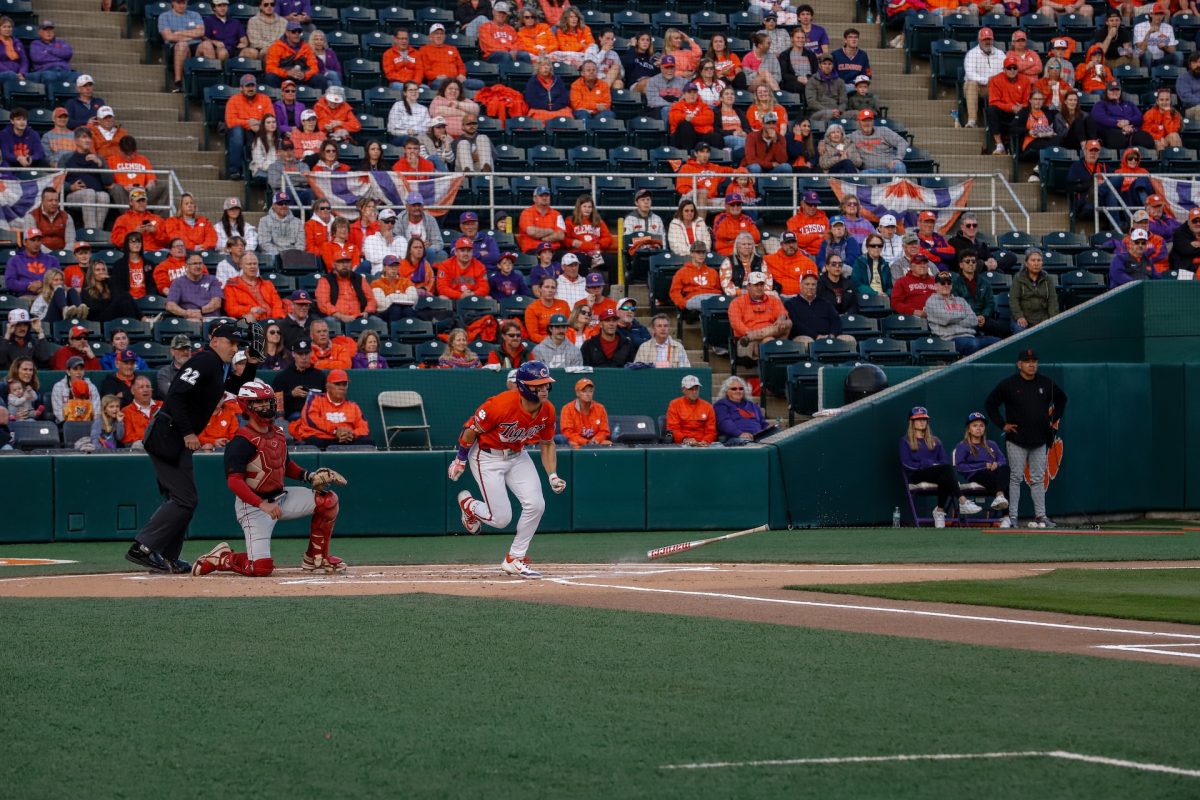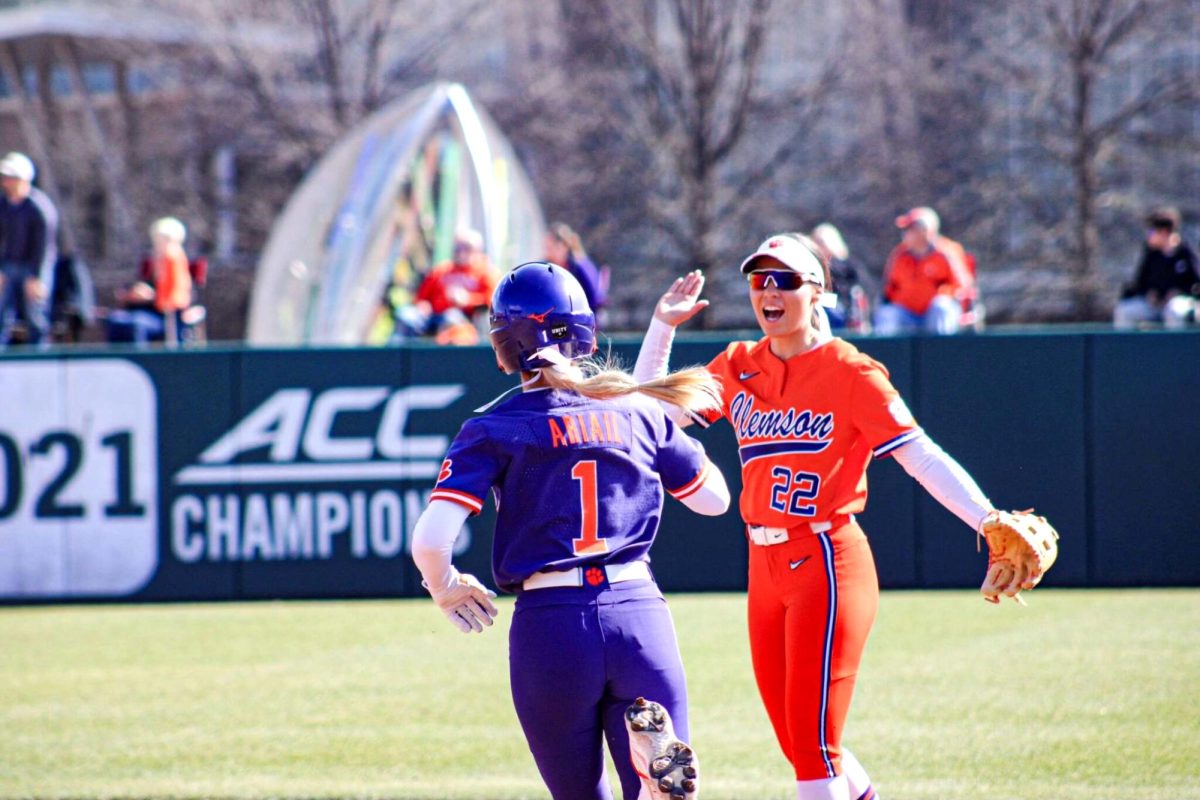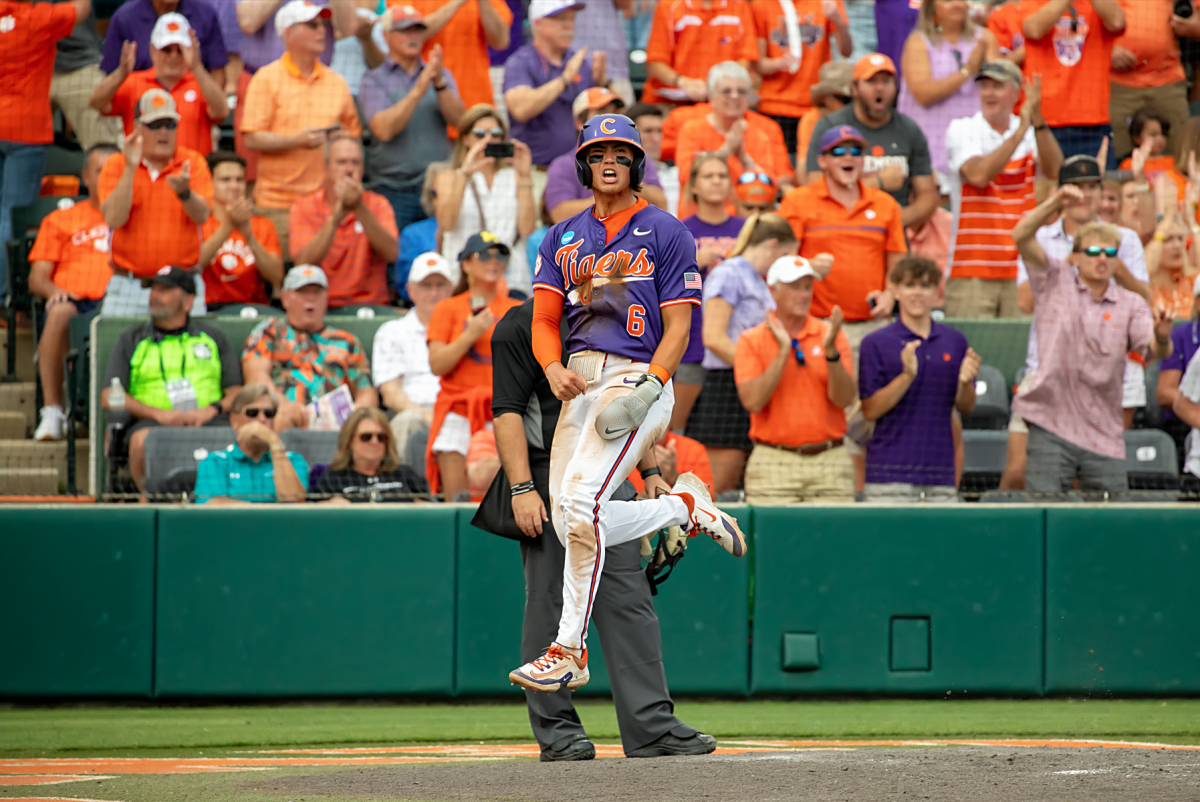(NAPSI)—Many people think of pneumonia as a disease to worry about only in the fall and winter, but the truth is, pneumonia can reach you any time during the year.
The Problem
Contracting pneumonia can be especially concerning for older adults whose immune systems have begun to wane. In fact, according to the Centers for Disease Control and Prevention, every week at least 1,000 Americans die from pneumonia.
There are several risk factors that can make you more susceptible to contracting pneumonia including age (being 65 and older or 5 years and younger), behavioral factors such as smoking cigarettes and the presence of chronic conditions like asthma, diabetes or heart disease.
An Answer
The good news is there are recommended vaccines that can help build your immune system and protect you from pneumococcal pneumonia, a common type of the disease caused by bacteria. This is important because having pneumococcal pneumonia even once increases your chances of contracting it again.
In 2021, the FDA approved new pneumococcal pneumonia vaccines that cover more forms of the disease than previous versions. Even if you are 65 years and older and have already received a pneumococcal pneumonia vaccine, you are now eligible for one of these new pneumococcal pneumonia vaccines.
Unlike the flu vaccine, you do not have to wait until the fall to be vaccinated. Just as you can be infected at any time during the year, you can also receive a pneumococcal pneumonia vaccine at any time, regardless of the season. Medicare and most insurances now cover the full cost of a pneumococcal pneumonia vaccine for seniors and at-risk populations.
Learn More
The National Association of Nutrition and Aging Services Programs, in partnership with USA Boxing and the American Society of Consultant Pharmacists (ASCP), created a document outlining the five things to know about pneumonia to help spread the word about this important opportunity to protect the health of older Americans. English and Spanish versions can be found at: https://www.nanasp.org/vaccines.
Talk to your doctor to determine whether you are eligible for a pneumococcal pneumonia vaccine.
“Vaccine protection can substantially reduce your risk of contracting pneumococcal pneumonia.”









